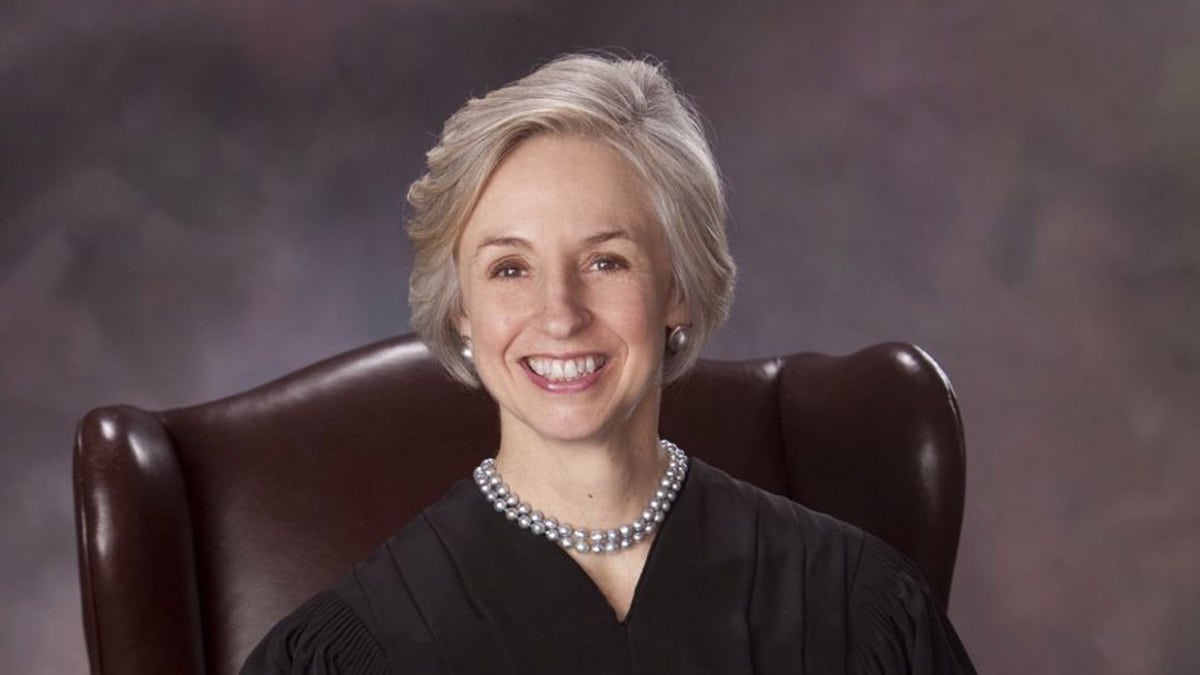A federal judge has walked back her own order that critics feared could have exposed the personal records of 10 million California schoolkids, following an outcry from parents and privacy advocates.
The records, sought by attorneys for two nonprofits seeking to determine whether California is adequately accommodating special education students, are kept on a massive state database. The prospect of releasing records that included Social Security numbers, addresses, and disciplinary information prompted a backlash.
In a March 1 ruling, Judge Kimberly Mueller, of the Eastern District of California, said “the most sensitive” information that is being requested must remain with the Department of Education, which would have to let representatives of the groups filing the lawsuit search the database for the information they had requested.

The clarification, which Mueller acknowledged followed an avalanche of objections, could ease concerns of parents who have in recent weeks expressed fears the information could fall into the wrong hands.
“People are confused, worried and angry,” Bill Ainsworth, spokesman for the California Department of Education, told FoxNews.com last month after the initial order from Mueller, who sits in Sacramento.
Under Mueller's order, records from the database will not be turned over to attorneys for Morgan Hill Concerned Parents Association and the Concerned Parents Association. Instead, the judge ordered the state to assist attorneys seeking evidence in the state's electronic files.
Mueller did leave in place the potential release to attorneys of other comprehensive information, including six years of statewide testing data and records of special-education students, who make up about 10 percent of pre-K-12 students statewide. Those databases include mental health and behavior records, according to the San Jose Mercury News.
The latest decision reduces the risk that confidential data could fall into the wrong hands, privacy advocates said.
"It's a really good thing they are just going to query the database," Pam Dixon, of the World Privacy Forum, told the newspaper. "This information should never be released."
California Concerned Parents also praised the judge’s decision, saying it never sought information that could jeopardize students’ privacy.
"Whatever approach we can get access to current, valid and accurate data is great," Christine English, vice president of California Concerned Parents, told the Mercury-News.
The nonprofits, who advocate for special needs kids, say they need access to information on the database to gauge compliance with federal law. They sued the state in 2012.
The non-profits wanted to access the database for an effective analysis and claims they offered the Department various scenarios for obtaining percentages and related statistics without ever having to see personal records, but they say the Department refused. Eventually, Mueller ordered that the plaintiffs simply be able to access the entire database of student information to perform the analysis. Varying degrees of sensitive data is embedded with student files in the database.
The Family Educational Rights and Privacy Act and the Individuals with Disabilities Education Act are federal laws in place to protect the privacy of students. The state ensures compliance with a vast database, which the plaintiffs would have access to under the ruling. Attempts to reach a deal limiting the information made available to the groups have failed.
After the initial ruling, state education officials were inundated with thousands of calls from parents, educators and school districts, according to Ainsworth.


